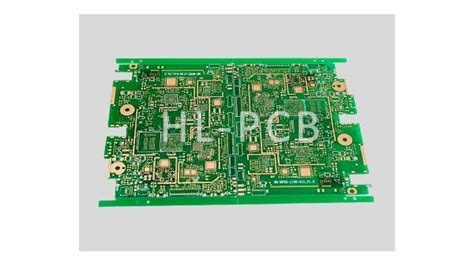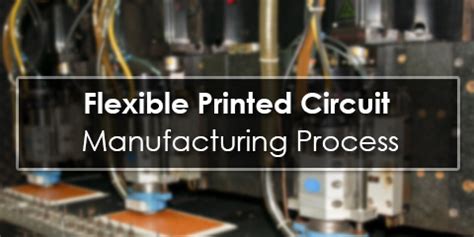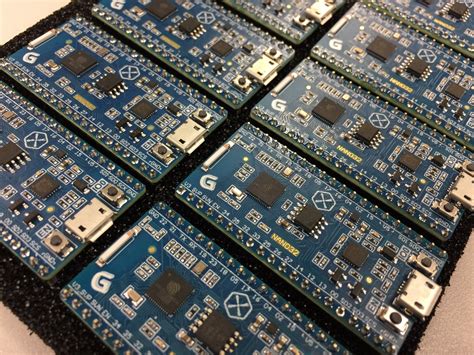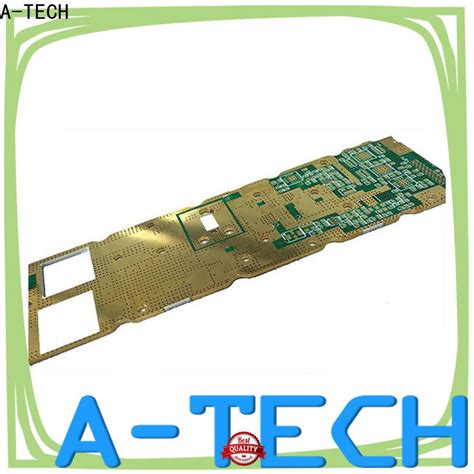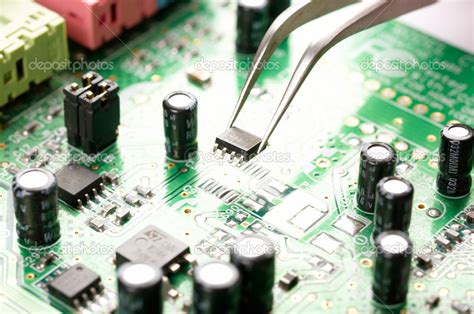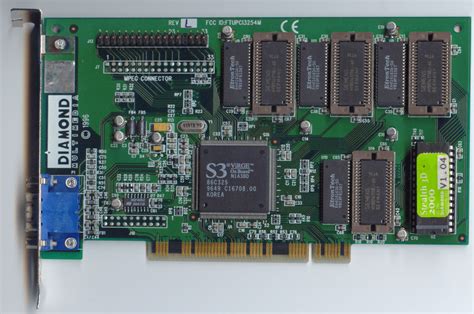Industrial PCB Solutions for Modern Applications
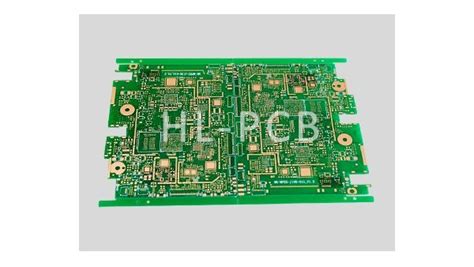
Key Takeaways
When exploring industrial PCB solutions, it becomes evident that understanding pcb manufacturing is essential for a successful application in contemporary industries. PCB manufacturing companies play a crucial role in providing tailored solutions, ensuring that your industrial products meet the highest standards of efficiency, reliability, and performance. The pcb manufacturing cost can significantly vary based on specific requirements such as materials, complexity, and volume. It’s vital to communicate your needs effectively to prospective manufacturers to receive accurate estimates.
Some of the key features of industrial PCBs that you should consider include their durability, adaptability to harsh environments, and ability to support sophisticated electronic functions. These features become particularly relevant when discussing the pcb manufacturing business, as advanced technologies such as surface mount technology (SMT) and multi-layer designs demand precise expertise.
“Choosing the right PCB manufacturer is a pivotal step towards achieving quality output in your electronic projects.”
This highlights the importance of partnering with reputable manufacturers who understand the intricacies of your particular industry sector. Furthermore, understanding design considerations for industrial PCBs can further enhance performance while minimizing costs. By assessing industry-specific applications and leveraging advanced technologies, you can ensure your products are competitive in an ever-evolving market landscape.
| Feature/Aspect | Description |
|---|---|
| Durability | Resistance to environmental factors |
| Complexity | Ability to support intricate electronic designs |
| Adaptability | Compatibility with various applications |
| Cost Efficiency | Maximizing performance while minimizing cost |
By focusing on these elements, you can make informed decisions that enhance your operational success and ensure your industrial PCB solutions align with modern demands.
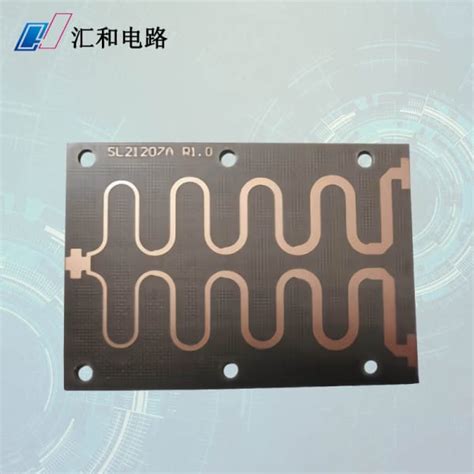
Industrial PCB Types and Their Applications
Industrial PCBs come in a variety of types, each designed to meet specific needs and challenges across different sectors. When selecting a PCB for your project, understanding the various types available is crucial to achieving optimal performance and reliability. Among the most common types, rigid PCBs are favored for their structural stability and are extensively used in devices that require durability, such as industrial machinery and automotive applications. On the other hand, flexible PCBs are excellent for applications where space is limited or where the component arrangement changes. This adaptability makes them ideal for consumer electronics and medical devices.
Given the diversified requirements of modern applications, many PCB manufacturing companies offer specialized solutions to customize designs based on sector-specific demands. For instance, high-frequency PCBs are essential in communication technologies, while thermal management PCBs play a significant role in power electronics by dissipating heat effectively.
When considering production aspects, you may encounter various factors that influence PCB manufacturing cost. This includes the complexity of design, material selection, and volume of production. Conducting thorough research can help you identify the most economical path when engaging with a pcb manufacturing business.
Engaging with well-established PCB manufacturing companies ensures that you benefit from advancements in technology that elevate your product’s functionality while optimizing costs. Ultimately, understanding the types of industrial PCBs, along with their respective applications, plays a significant role in enhancing efficiency and reliability in your projects. By leveraging these insights into modern design trends and technology advancements, you can make informed decisions that meet the demands of today’s competitive landscape.
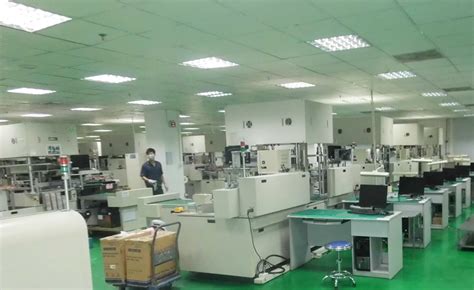
Key Features of Industrial PCB Solutions
Industrial PCBs, known for their robustness and versatility, come with several key features that set them apart in today’s technology-driven landscape. One standout aspect is their ability to withstand extreme environmental conditions, such as high temperatures and humidity, which are often found in industrial settings. This durability is crucial for your applications, as it ensures consistent performance over time. Moreover, modern pcb manufacturing processes have introduced enhanced design flexibility, allowing pcb manufacturing companies to create tailored solutions that meet specific operational needs. Another significant feature is the high-density interconnect (HDI) capabilities of industrial PCBs, which enable a compact design while maximizing functionality. This advancement contributes to reducing overall pcb manufacturing costs, making it a cost-effective choice for your business operations. Furthermore, the use of advanced materials in the pcb manufacturing business enhances reliability and performance metrics crucial for mission-critical applications. Overall, these features not only improve the efficiency of various systems but also pave the way for innovative developments across multiple sectors.
Design Considerations for Industrial PCBs
When delving into industrial PCB design, several critical considerations come into play that directly influence the success of your project. First and foremost, you must evaluate the specific requirements of the application in which your PCB will be integrated. This means understanding not just the chemical environment but also the mechanical stresses that the board will encounter. Selecting robust materials that can withstand extremes in temperature, humidity, and vibration is essential for ensuring reliability over time.
Moreover, you should focus on manufacturability. Engaging with reputable pcb manufacturing companies early in the design phase can help you optimize your layout for efficiency and minimize pcb manufacturing costs. Consider factors such as board thickness and layer count; these elements can significantly impact both production time and expenses. Additionally, integrating advanced capabilities like multilayer configurations or intricate routing patterns may enhance functionality but will usually require a deeper understanding of pcb manufacturing processes.
It’s also vital to keep future scalability in mind while designing your PCBs. As industries evolve, so do their technological needs. Ensuring that your designs can accommodate potential upgrades or modifications can enhance long-term value. Ultimately, a thoughtfully designed industrial PCB not only meets current functional demands but also aligns seamlessly with emerging trends while furthering your pcb manufacturing business goals. This careful balance between performance, cost-effectiveness, and adaptability is what sets successful industrial PCB designs apart from the rest.
Industry-Specific Applications of PCBs
In today’s rapidly evolving technological landscape, industrial PCBs play a vital role across various sectors, including automotive, telecommunications, and manufacturing. When you consider the distinct demands of these industries, the importance of tailored PCB manufacturing solutions becomes apparent. For instance, in the automotive sector, PCBs must withstand harsh environmental conditions while ensuring reliable performance. This has led many PCB manufacturing companies to specialize in robust materials and design techniques that cater specifically to these challenges.
Moreover, in telecommunications, where high-frequency signals are essential for seamless communication, the precision of PCB design and manufacturing is critical. The PCB manufacturing cost can vary significantly depending on the complexities involved in creating a board that meets stringent industry standards. Companies need to balance this cost with quality and performance to stay competitive. As part of your strategy in the PCB manufacturing business, understanding these industry-specific applications can help you select the right materials and processes.
For example, using advanced techniques such as multilayer designs allows manufacturers to optimize space without compromising performance. This capability is especially essential for devices requiring compact designs while maintaining high functionality. Ultimately, as industries continue to innovate and expand their technological capabilities, the demand for specialized industrial PCBs will grow, ensuring that they remain at the forefront of modern applications.
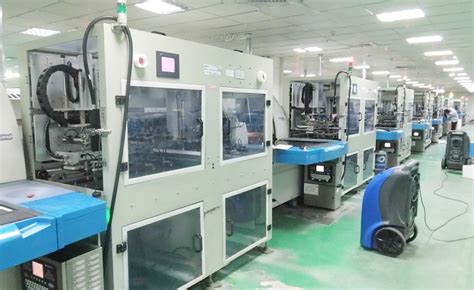
Enhancing Efficiency with Advanced PCB Technologies
In today’s fast-paced industrial environment, advanced PCB technologies play a pivotal role in improving operational efficiency across various sectors. As you explore options for pcb manufacturing, it’s essential to understand how modern techniques contribute to high performance and reliability. Companies at the forefront of the pcb manufacturing business are adopting innovative materials and processes that optimize thermal management, increase signal integrity, and reduce noise interference. These enhancements translate directly into a reduced pcb manufacturing cost, allowing manufacturers to deliver more cost-effective solutions without compromising quality. You will find that strategically designed printed circuit boards ensure that your systems can handle increasing loads and demanding applications, all while maintaining energy efficiency. Furthermore, collaboration with reputable pcb manufacturing companies can provide bespoke solutions tailored to your specific operational requirements. By harnessing the power of advanced technologies, you not only meet industry standards but also set new benchmarks in efficiency and performance in your applications.
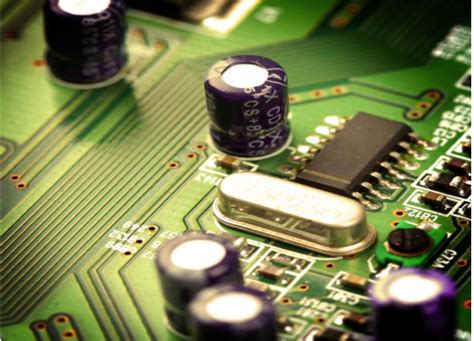
Reliability and Durability in Industrial PCBs
In the realm of industrial PCBs, the concepts of reliability and durability are paramount. Companies engaged in pcb manufacturing understand that their products must endure challenging environments while maintaining peak performance. Whether in automotive, aerospace, or industrial automation sectors, these PCBs are designed to withstand extreme temperatures, vibrations, and environmental contaminants. This is why many organizations turn to established pcb manufacturing companies that specialize in creating robust solutions tailored to specific industrial needs.
The choice of materials plays a crucial role in ensuring the longevity of the circuit boards. For instance, using high-quality substrates and coatings can significantly reduce the risk of failure, thereby minimizing the long-term pcb manufacturing costs associated with repairs and replacements. Additionally, advanced manufacturing techniques can enhance the structural integrity of these boards, allowing them to perform reliably over extended periods.
Furthermore, a focus on proper design considerations is essential for ensuring reliability. This includes thorough testing protocols during production that help identify potential weaknesses before they become issues in operational settings. By investing time and resources into a resilient manufacturing process, businesses can enhance their operational efficiency while also reinforcing their reputation for quality.
In conclusion, navigating the complexities of reliability and durability lies at the heart of a successful pcb manufacturing business. In today’s rapidly evolving technological landscape, prioritizing these attributes is not just beneficial but essential for ensuring that your industrial applications are equipped with top-tier performance capabilities over their lifespan.
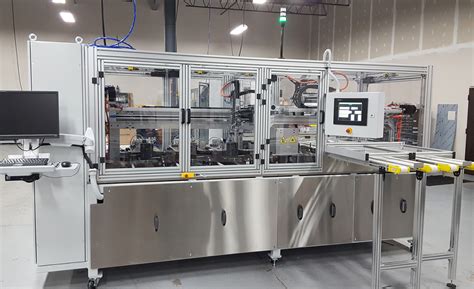
Trends Shaping the Future of Industrial PCB Design
As industries evolve, the demand for PCB innovations is soaring, driven by rapid technological advancements and the need for greater efficiency. A notable trend is the integration of flexible and rigid-flex PCBs, which offer unique design capabilities that cater to compact spaces in complex machinery. These designs not only enhance functionality but also contribute to reducing PCB manufacturing cost by optimizing material use and minimizing waste. Additionally, advancements in PCB manufacturing processes, such as automated assembly techniques and enhanced software simulations, are streamlining production lines, enabling manufacturers to deliver high-quality products more rapidly.
Moreover, you will find that sustainability is becoming a pivotal focus. Many PCB manufacturing companies are increasingly adopting eco-friendly practices, utilizing recyclable materials and processes that minimize environmental impact. This shift not only adheres to regulatory demands but also aligns with consumer expectations for environmentally responsible products. As a result, your choices in selecting a reliable manufacturing partner may emphasize their commitment to sustainability alongside performance metrics.
Finally, with the surge in digitalization across various sectors—especially in areas like IoT and smart technology—the need for advanced thermal management solutions is critical. This calls for innovative materials that can withstand higher operational temperatures without compromising reliability or performance. By keeping abreast of these trends in industrial PCB solutions, you can better position your projects to leverage cutting-edge technologies tailored for modern applications while ensuring improved efficiency and durability in your designs.
Conclusion
In today’s technology-driven landscape, the role of industrial PCBs cannot be overstated. As you explore pcb manufacturing options available, understanding the different types and their corresponding applications will empower you to make informed decisions. The pcb manufacturing cost can vary significantly based on design complexity and material selection, so it is essential to work with reputable pcb manufacturing companies that can provide tailored solutions. By considering the unique requirements of your projects, you will find that investing in advanced PCB technologies enhances efficiency and reliability, which are critical for maintaining competitiveness in your pcb manufacturing business. With ongoing trends shaping the future of PCB design and production, staying abreast of these developments will position you advantageously in your industry. Remember that a well-designed PCB can lead to improved product performance across various sectors, emphasizing the need for precision in both manufacturing and application strategies.
FAQs
What is industrial PCB manufacturing?
Industrial PCB manufacturing refers to the production of printed circuit boards that are designed specifically for industrial applications. These PCBs support complex electronic systems used in various industries, ensuring functionality, reliability, and efficiency.
How do PCB manufacturing companies ensure quality?
Reputable PCB manufacturing companies utilize stringent quality control measures throughout the production process. This includes advanced testing methods and standards to ensure that each board meets the necessary specifications and performance criteria.
What factors influence the PCB manufacturing cost?
The PCB manufacturing cost can be influenced by several factors, including material selection, board complexity, size, volume of production, and any custom features required for specific applications. Understanding these elements can help you budget more effectively.
How can I start a PCB manufacturing business?
To start a PCB manufacturing business, you should begin by researching market demands and identifying potential niches. Establishing relationships with suppliers and investing in reliable equipment and technology are crucial steps. Additionally, high-quality production practices will set you on the path to success.
For more information on how to elevate your PCB needs through professional services in pcb manufacturing, please click here: https://www.andwinpcb.com/pcb-manufacturing/

